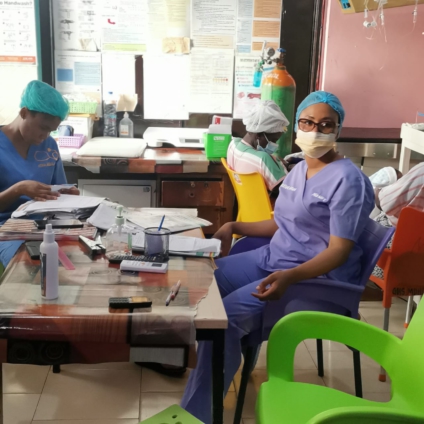When mothers are malnourished, sick or receive inadequate maternal care, their children also face high risks of diseases and death.
It is estimated that 30 to 40 percent of infant deaths could be avoided by maternal interventions alone. This burden of death and illness is borne not only by women and their children, but also by their families and communities as well.
For women of child-bearing age 15-44, maternal disorders are the leading causes of death, accounting for almost 16 percent of deaths in this age group.
This is what concerns 33-year-old Aisha Bawa, a midwife at the Manhyia Government Hospital in the Ashanti region.
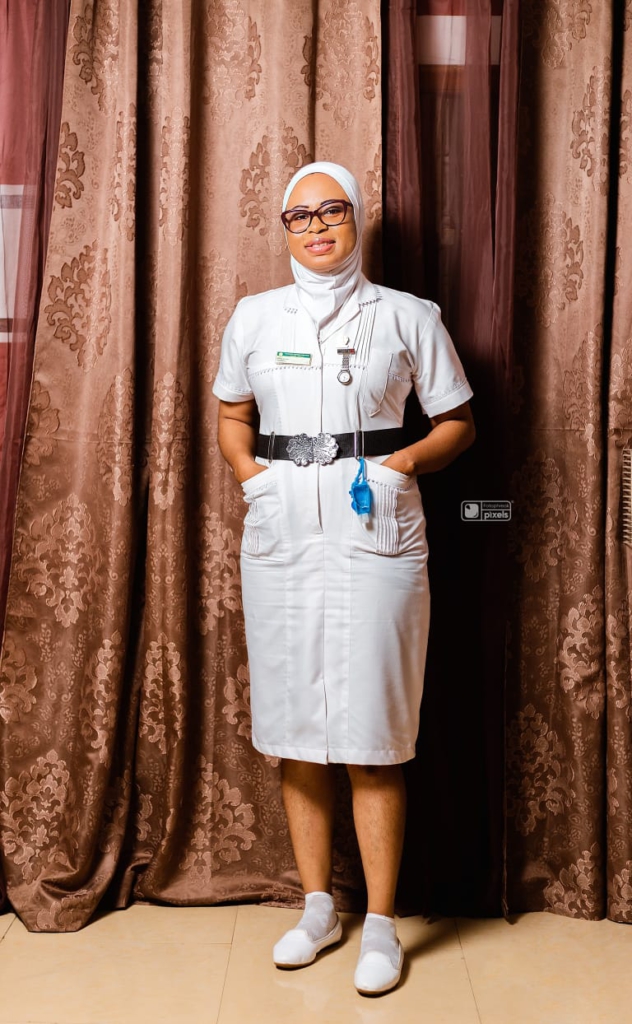
Aisha, in many instances, sheds tears when a mother or baby dies at her facility.
She therefore stepped up her own efforts to save the lives of mothers and their babies.
Madam Aisha emotionally supports mothers who have lost their babies in her facility.
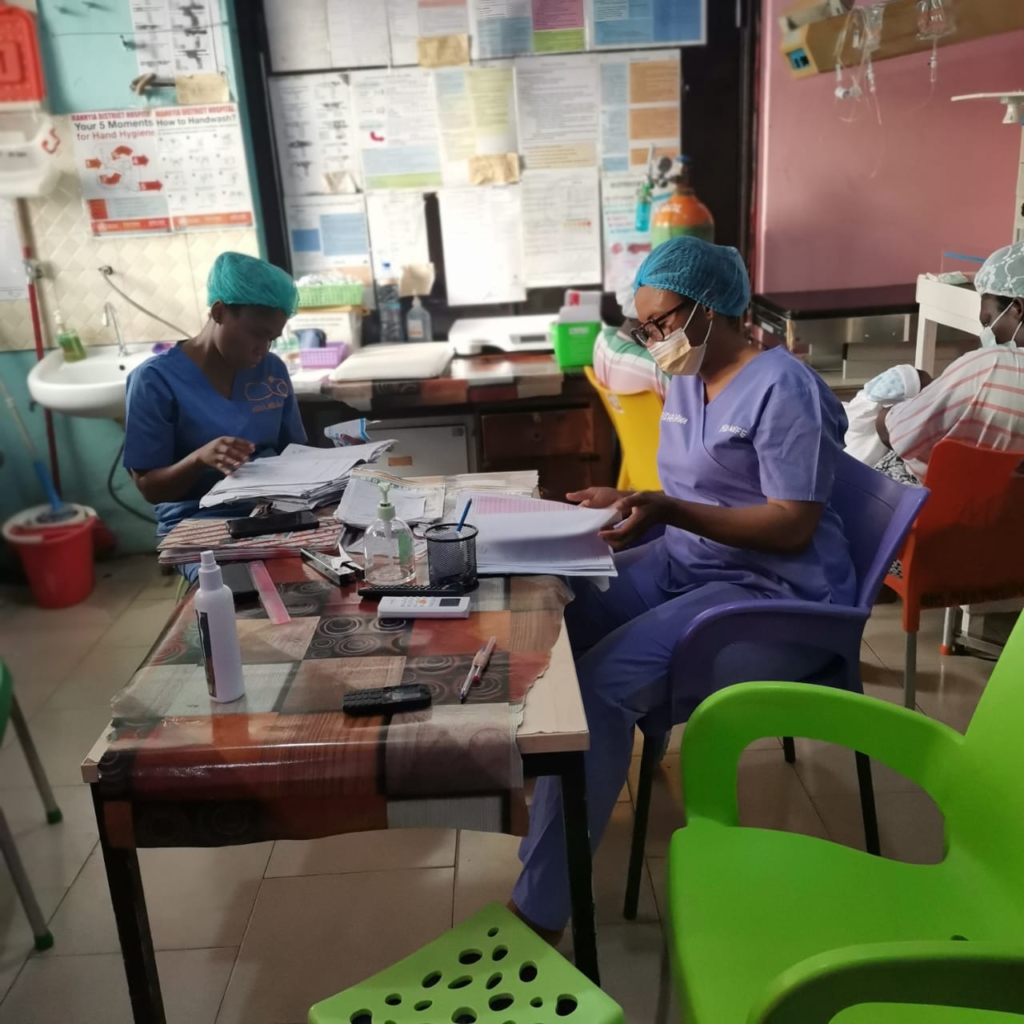
She has been working for the Ghana Health Service for eight years and the joy of seeing a mother safely give birth is enormous.
"Basically, if a mother delivers and the baby is fine, the mother is fine, the mother is thriving,the baby is thriving, the excitement inspires me to do more." she said.
Delivering safely and reducing maternal death are two key elements that make Aisha work. Thus, ensuring that mothers and babies are safe remains her golden principle which she defends and wants to live in the memory of every patient.
According to the International Classification of Diseases (ICD) definition, maternal death is “the death of a woman while pregnant or within 42 days of termination of pregnancy, irrespective of the duration and site of the pregnancy, from any cause related to or aggravated by the pregnancy or its management but not from accidental or incidental causes”.
The most frequently cited measure of maternal mortality, known as the maternal mortality ratio (sometimes mistakenly referred to as a “rate”), is the number of maternal deaths in a population that occur during a given year per 100,000 live births.
This number, which represents the risk associated with a single pregnancy, differs by a factor of over 100 between settings with the highest and lowest mortality and varies considerably between developing countries.
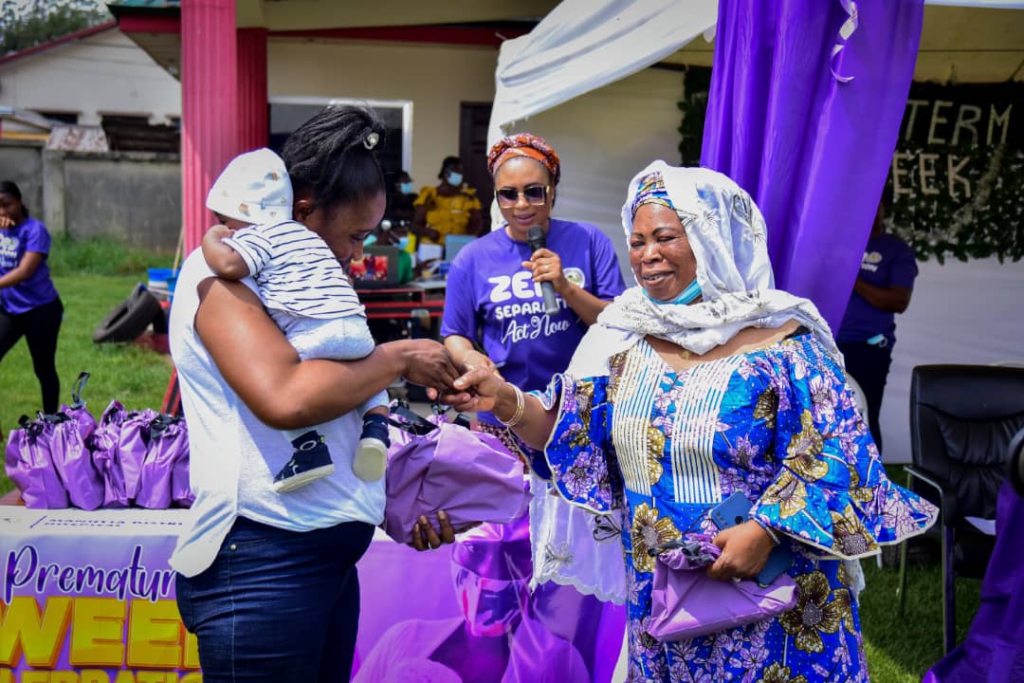
Ghana’s maternal mortality ratio declined from 760 per 100,000 live births in 1990 to 319 per 100,000 live births in 2015.
In 2017, the maternal mortality ratio for Ghana was 308 deaths per 100,000 live births. Maternal mortality ratio of Ghana fell gradually from 398 deaths per 100,000 live births in 2003.
The pace of decline in maternal mortality has been slow and this led to Ghana’s inability to achieve the Millennium Development Goal target of 190 per 100,000 live births in 2015.
The maternal mortality ratio remains high and requires intense efforts if Ghana is to achieve the sustainable development target of 70 per 100,000 live births in 2030.
Direct causes of maternal mortality as indicated in previous studies conducted in Ghana include haemorrhage (postpartum and ante partum), abortion, miscarriage, sepsis, obstructed labour, ectopic pregnancy, (Pre-) eclampsia and embolism.
Transport Trolleys for Babies
One thing Aisha is doing to further reduce mortality rate at the Manhyia Hospital is the ‘transport trolley for babies’ to facilitate the transport of asphyxiated babies to the Neonatal Intensive Care Unit (NICU) while ventilating them.
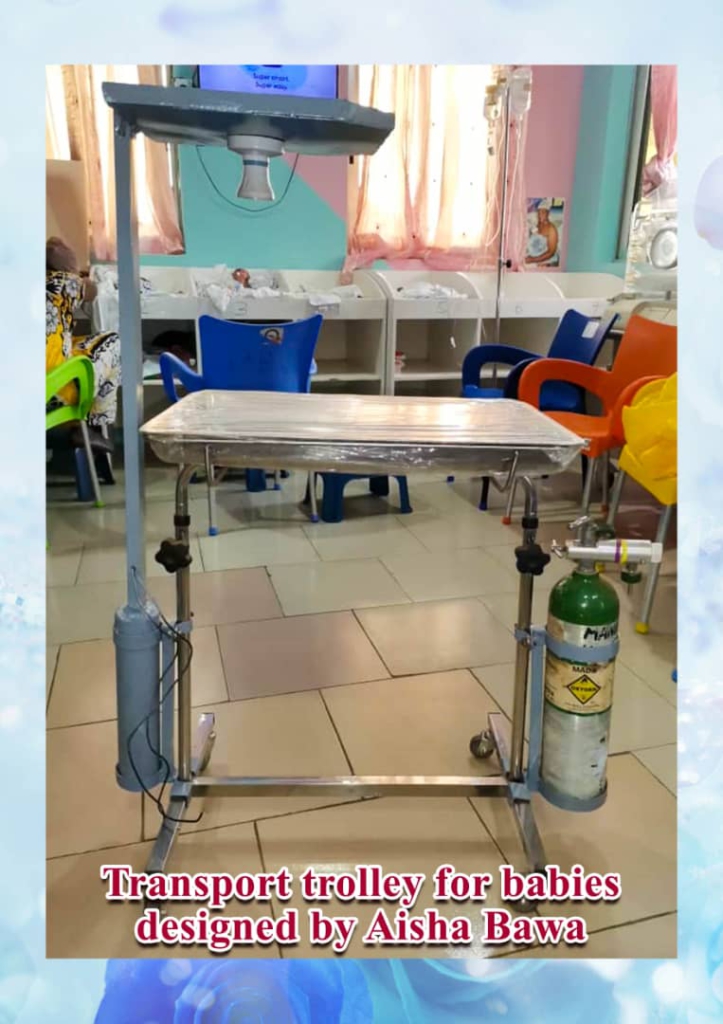
It is common for an infant to be gravely ill without a history that alerts the obstetric and pediatric teams that the newborn will be so sick.
Madam Aisha says this is common across the health care delivery system. Therefore, if a newborn is unstable after birth, neonatal transportation may be required.
The transport trolley she designed, moves the baby into a unit that is able to provide a higher level of care. The equipment includes warmers, and portable oxygen.
Aisha says she hired an artisan to develop the equipment for the hospital at a cost of GHC1,250.
Since the introduction of the transport trolley for babies in the last quarter of 2021, perinatal death at the district hospital has reduced significantly.
In 2019, for instance, the hospital recorded 1.4% stillbirth out of 286 total births in August, 3.7% stillbirth of 374 in September, 2% of 403 in October, and 3.1% of 357 in November.
The same period in 2020 saw a decrease in stillbirths, possibly due to the spike in the COVID-19 outbreak.
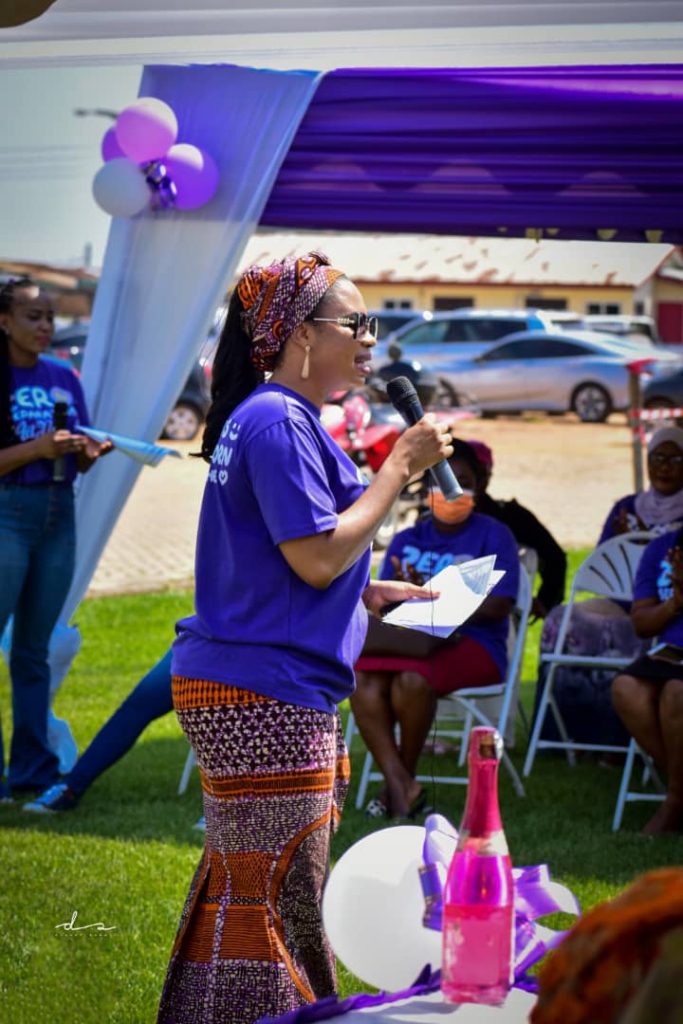
329 total deliveries in August saw 1.5% stillbirth, 1.5% of 262 in September, 1.4% of 368 in October and 1.5% stillbirth out of 333 stillbirths.
While cases appreciated in August 2021 with 3.4% stillbirth on 316 deliveries, September, October and November saw a decline in stillbirth.
Madam Aisha says this was the period Baby troller was introduced in the hospital.
In September, for example, there were 2.7% stillbirths on 324 deliveries; in October, there were 1.7% stillbirths on 336 deliveries; and in November, there was only 0.6% on 333 deliveries.
The neonatal transport team, according to Madam Aisha, plays a key role in delivering optimal care to the newborn.
Redesigned of MOEWS
The Redesigned Color Coded Maternal and Obstetric Early Warning Chart (MOEWS) chart for early identification of danger signs and complications due to the overwhelming nature of the maternity unit was the brainchild of Aisha and Obstetrician Gynecologist, Dr. Opei Adarkwa.
MOEWS chart is used by midwives to monitor post-caesarian section cases while the colour codes help to detect danger signs early to aid in prompt intervention.
Again, modified newborn examination form originally made by the Making Every Baby Count Initiative (MEBCI) program into color codes for prompt risk identification.
Radio & TV Programmes
Madam Aisha's television and radio programmes on preventive care to reduce maternal and neonatal mortality have made significant gains.
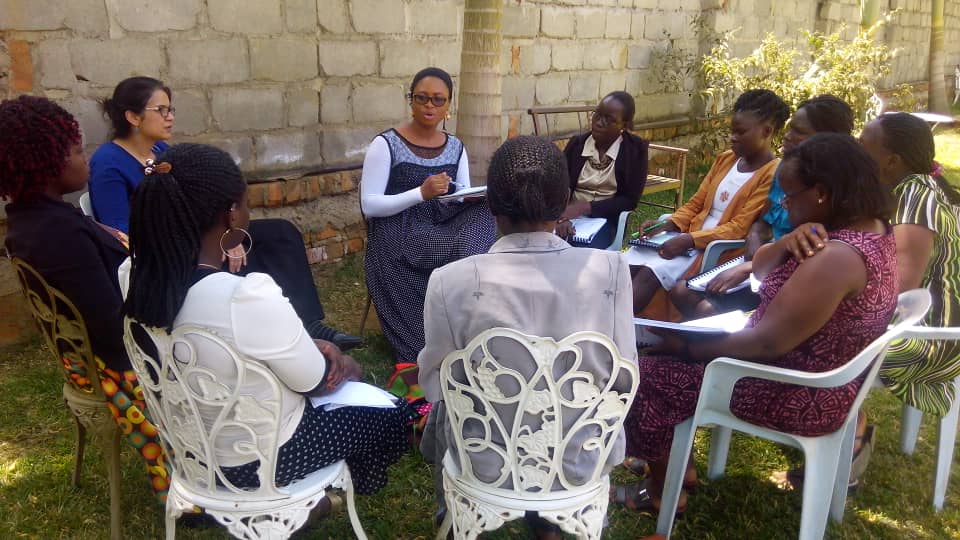
Many, especially pregnant women, said the programs opened their eyes to crucial issues.
Nimatu Abdulai, 35, is one of the benefactors of the programs.
"I have been listening to Aisha Bawa on Radio for about 7 years and her advice on exclusive breastfeeding is outstanding," she said.
Nimatu says she had problems with her first child because she missed out on exclusive breastfeeding.
She states that the child had frequent diarrhoea and cried frequently. But Madam Aisha offered him a solution.
Regional Facilitator for Newborn Care
As a regional newborn care facilitator, Aisha trained midwives, nurses, doctors and anaesthetists on newborn resuscitation and essential newborn care.
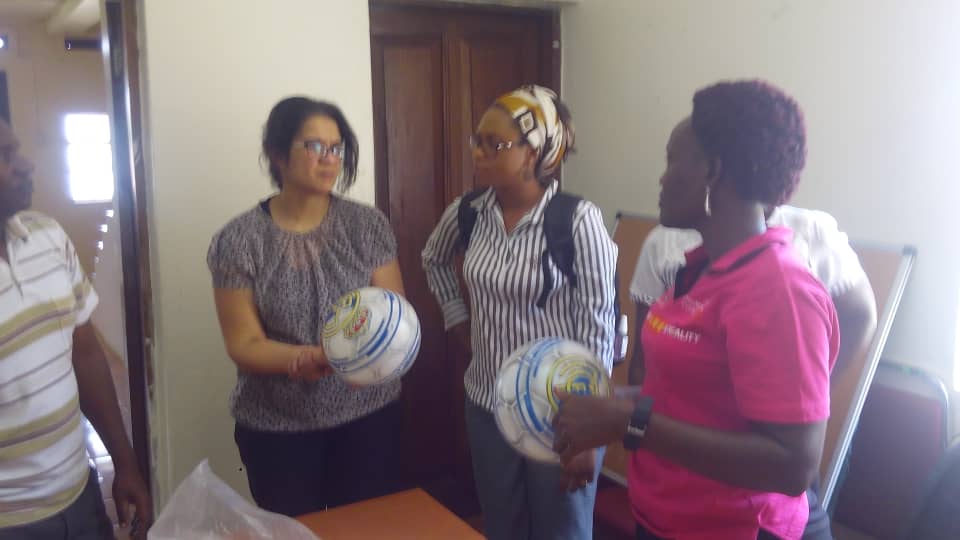
"I have learnt how to help a newly-born baby who is born with severe asphyxia to breath within a minute," says Odette Anaba, Deputy Director of Nursing Services at the Afrancho Polyclinic.
Mrs Anaba was also trained on how to treat a newly-born baby with certain conditions like jaundice, grunting respiration, fever, hypothermia among others.
She attended the newborn resuscitation and essential care for newborn training three times with Periodic Objective Structured Clinical Examination (OSCE).
The training has impacted Mrs Anaba's 31 years of experience in healthcare delivery, so she has also passed on the knowledge to her subordinates to reduce neonatal mortality.
Figures from the Afrancho Polyclinic indicate that no stillbirth was recorded in 2021.
Only 5 stillbirths were recorded in 2020 compared to 6 in 2019. The highest case of stillbirth was 10 in 2018.
For years, Philomena Akyaa Bimpong has been working at the Emergency Unit of the St Martin's Catholic Hospital at Agroyesum without knowledge of neonatal resuscitation.
But after the senior staff nurse got trained by Madam Aisha, Miss Bimpong in turn applied the knowledge at the neonatal intensive care unit of the hospital and trained new staff posted to the facility.
About 40 new employees and rotational midwives have been trained to work effectively in the Maternity and Neonatal Intensive Care Unit (NICU) at St Martin's Catholic Hospital.
This has helped reduce asphyxia cases and perinatal deaths from asphyxia.
For example, 20 perinatal deaths were recorded in 2019, but the figure dropped to 16 in 2020 and in 2021, the facility made significant gains of 10 deaths only.
Catherine Nsiah and Cecilia Tsikwa received training from Miss Bimpong.
"It has also helped me to prioritize immediate neonatal care after delivery." That's according to Catherine Nsiah at St Martin's Catholic Hospital.
Mrs Nsiah has been a nurse for 8 years but now a midwife. Training, she said, prompted her to change occupations.
"I decided to become a midwife because I wanted to give the best care to improve maternal and neonatal care at my hospital,” she said.
According Cecilia Tsikwa, "I was able to save a baby 2 months ago with severe birth asphyxia."
Golden minutes refer to the first minute after giving birth, a midwife must apply appropriate techniques to make sure the baby is breathing.
Madame Cecilia says she learned these under the direction of Miss Bimpong.
The registered Nurse has been working for three years at the same place as Ms Philomena.
Kenneth Eredoglo is also a recipient of Madam Aisha's training.
With 12-years working experience as a nurse anaesthetist at the Manhyia Hospital, he also learnt how to resuscitate newborn babies, how to effectively practice Kangaroo mother care and management of neonatal jaundice. As a result, newborn referrals are sparsely made.
"As a midwife, you always need to make a difference wherever you are. Some are in the remote areas, others are also in the urban centers. Wherever you are, make the difference.'' Madam Aisha urged.
Aisha says there are challenges, but she tries to offer the best possible service to patients.
"You can't wait until all is well. We must start from somewhere and that is what we are doing."
There are many complaints about the health sector, but Aisha's efforts at the Manhyia District Hospital mean that many new things are being done to right the wrong.
"So, what I normally do as a midwife is“to innovation. I just sit down to plan on how best to solve an issue and I use my own ideas and sometimes from the prenatal audit that we have been doing and recommendations that come from our audit. I use that and then I try some together with my team members at the Manhyia district hospital,” said Aisha.
"We try to come out with solutions that will ensure that we don’t record such a case. So, one thing I normally do is to improvise a lot, so if there is something that we need that needs a huge amount of money to purchase and I think in my own small way."
2021 National Best Midwife/Nurse
It comes as no surprise that she won the Ghana Registered Nurses and Midwives Association's 2021 National Best Midwife/Nurse Award.
"One thing I have to say is that, as a nurse, whatever you do, everybody sees it, God is seeing you, your superiors are also seeing you and there would be that day that the whole world will get to know whatever you are doing," said Aisha.
She says it is good to acquire certificates, but how to implement what was acquired at school is also important.
"We have people with first class degrees but when we come back to the workplace we don’t see that change we expect to see with the certificates."
"What I always do as a midwife is to use my own instinct to solve problems," she concluded.
Latest Stories
-
Gold Fields Ghana Foundation challenges graduates to maximize benefits of community apprenticeship programme
53 mins -
GBC accuses Deputy Information Minister Sylvester Tetteh of demolishing its bungalow illegally
1 hour -
Boost for education as government commissions 80 projects
1 hour -
NAPO commissions library to honour Atta-Mills’ memory
1 hour -
OmniBSIC Bank champions health and wellness with thriving community walk
1 hour -
Kora Wearables unveils Neo: The Ultimate Smartwatch for Ghana’s tech-savvy and health-conscious users
2 hours -
NDC supports Dampare’s ‘no guns at polling stations’ directive
2 hours -
Police officer interdicted after video of assault goes viral
2 hours -
KNUST’s Prof. Reginald Annan named first African recipient of World Cancer Research Fund
2 hours -
George Twum-Barimah-Adu pledges inclusive cabinet with Minority and Majority leaders
3 hours -
Labourer jailed 5 years for inflicting cutlass wounds on businessman
3 hours -
Parliament urged to fast-track passage of Road Traffic Amendment Bill
3 hours -
Mr Daniel Kofi Asante aka Electrician
3 hours -
Minerals Commission, Solidaridad unveils forum to tackle child labour in mining sector
3 hours -
Election 2024: Engagement with security services productive – NDC
3 hours

